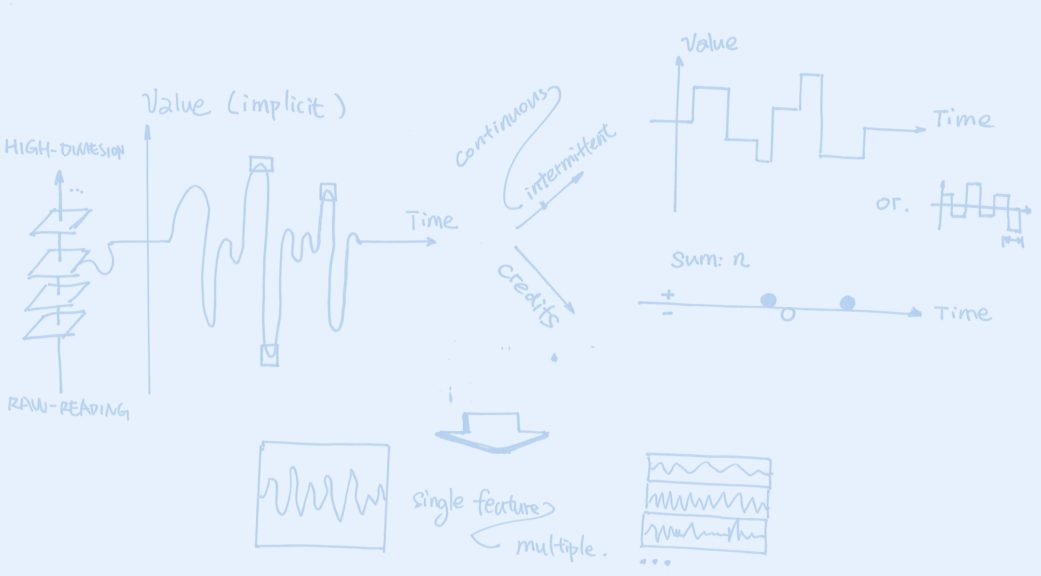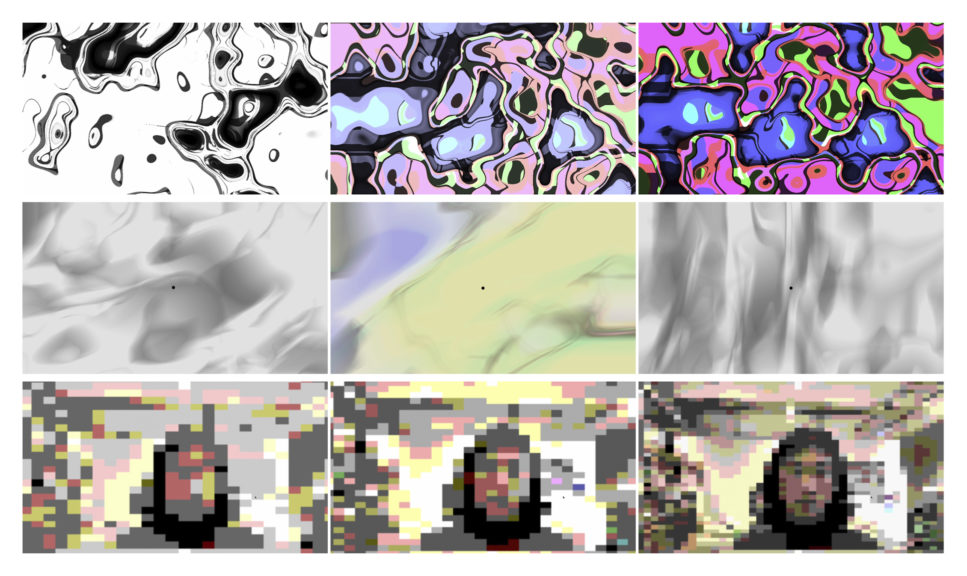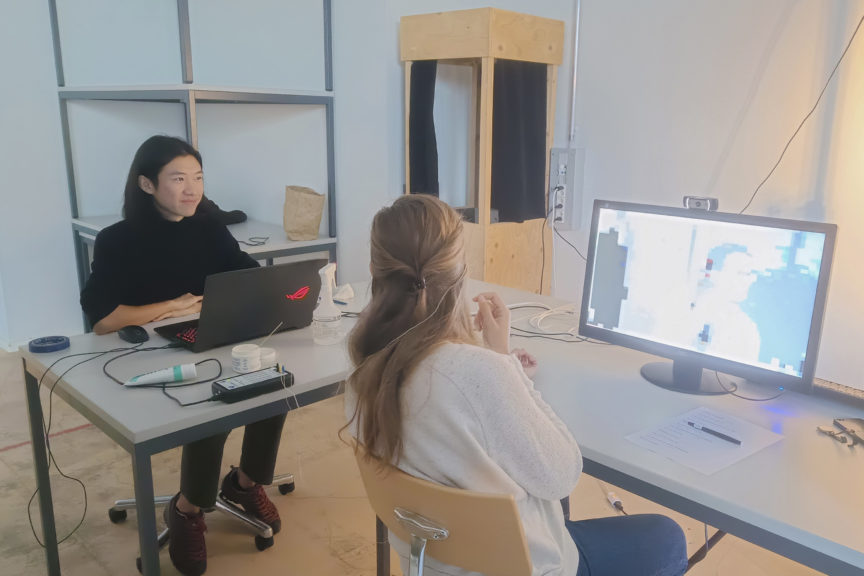Advancing NeuroFeedback for Tinnitus
On going project
In September 2022, the EPFL+ECAL Lab launched a new project, Advancing Neurofeedback in Tinnitus. In collaboration with research groups from the domains of clinical neuroscience (University of Zurich, UZH, University Hospital Zurich, USZ) and cognitive psychology with user experience evaluation (Bern University of Applied Sciences and University of Fribourg, BFH-UFR), the consortium will be the first of its kind to address neurofeedback therapy for tinnitus from a multidisciplinary perspective.
Tinnitus, the perception of noise or ringing in the ears, affects about 15 to 20% of the western population. About 20% of these cases lead to severe impairment of quality of life although no effective treatment options have been discovered yet.
Neurofeedback (NFB) is currently gaining interest as a potential treatment option, however, no systematic research has yet been performed on the impact of NFB stimuli and settings. Therefore, the overall goal of the project, which will last 4 years, is to fill this research gap through a unique collaboration of expertise.
The results of the project will be released in 2024 and 2026.
Direction
Project Management & Engineering Lead
Research Assistant
Design Lead
Academic Lead
Software Engineering
Sound Design
Applicants
Pr Dr Tobias Kleinjung, clinical neuroscience group, University and University Hospital Zurich, USZ
Pr Dr Andreas Sonderegger, Bern University of Applied Sciences and University of Fribourg
Partners
Pr Dr Dimitri Van De Ville, EPFL and University of Geneva
Pr Dr Nathan Weisz, University of Salzburg, Austria
The ANT project is funded by the Swiss National Science Foundation




